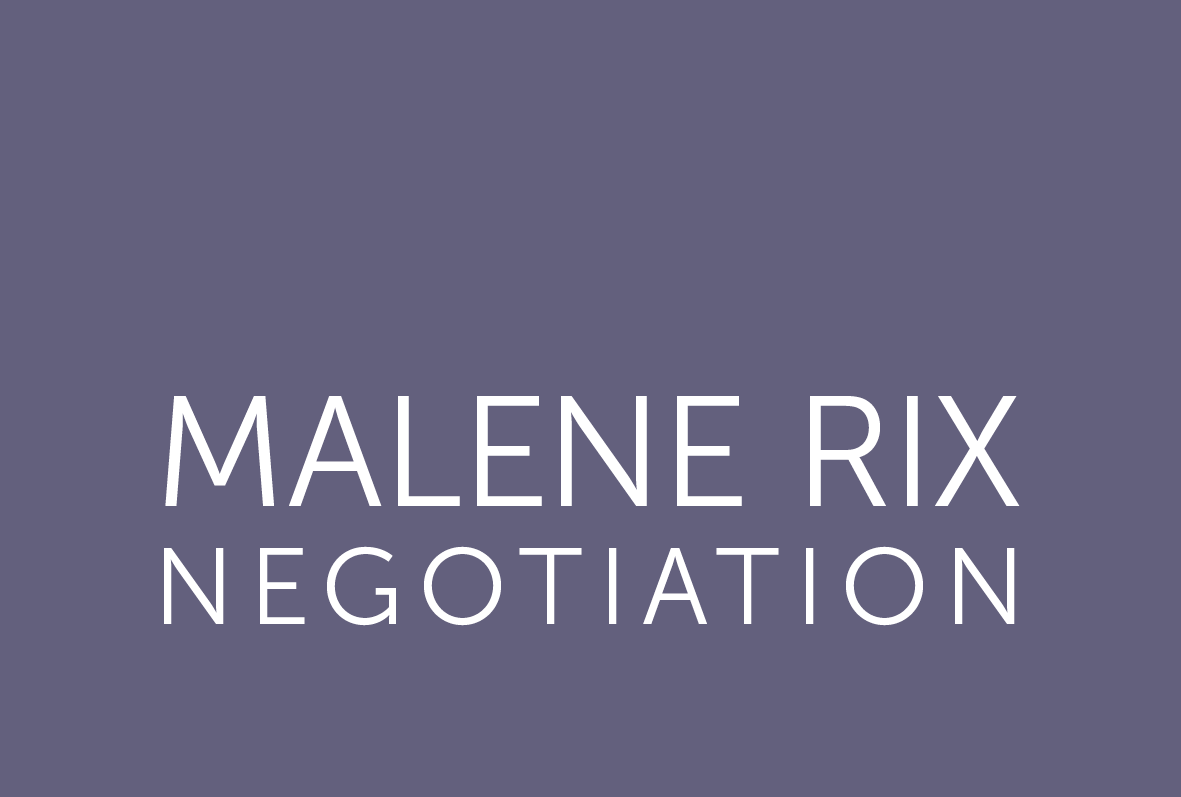17 nov Plan B
Plan B
Having alternatives will boost your self-worth as a negotiator
Listen to the blog
Mr. Trump
 What can Donald Trump’s negotiation tactics teach us about how to get what we want? Not a lot, if you ask me. Unless we are talking about all the things you shouldn’t do, if you want to be an effective and sophisticated negotiator. However, I found myself bringing up one of Mr. Trump’s most essential tactics, when I did a workshop recently. Much has been said about his negotiation style, but most analysts agree that one of his most central tools is to be sure to have as much leverage as possible. He will even go to the point of doing his best to actively weaken his opponents’ BATNA (Best Alternative To a Negotiated Agreement). By eliminating the others’ possibilities for ‘walking away’, he puts great pressure on them and eventually expects them to accept the terms he dictates.
What can Donald Trump’s negotiation tactics teach us about how to get what we want? Not a lot, if you ask me. Unless we are talking about all the things you shouldn’t do, if you want to be an effective and sophisticated negotiator. However, I found myself bringing up one of Mr. Trump’s most essential tactics, when I did a workshop recently. Much has been said about his negotiation style, but most analysts agree that one of his most central tools is to be sure to have as much leverage as possible. He will even go to the point of doing his best to actively weaken his opponents’ BATNA (Best Alternative To a Negotiated Agreement). By eliminating the others’ possibilities for ‘walking away’, he puts great pressure on them and eventually expects them to accept the terms he dictates.
“…one of his most central tools is to be sure to have as much leverage as possible.”
 The strength of alternatives
The strength of alternatives
So why bring tactics from an American real-estate tycoon (who has, admittedly, and surprisingly, made it all the way to the American presidency) up when talking about everyday negotiations in the workplace? The example illustrates, albeit in a negative way, how important it is to have a plan B when you negotiate. To have alternatives so you won’t feel cornered or stuck with no option but to agree to a deal that might not be what you want or wish for. I use Mr. Trump as an example of the power of having alternatives in negotiation. It is particularly interesting to look at this when talking about how self-confident you feel when negotiating with yourself about your ‘ask’; what your first bid or offer will be.
“The example illustrates[..] how important it is to have a plan B”
Feeling powerless
A classic comment I hear when I listen to people telling me about their negotiations on their own behalf is, that ‘the other person has all the power’ so asking for what they know they won’t get, just doesn’t seem to make sense. The feeling of powerlessness in this situation is very real, and, as Donald Trump knows, will greatly affect your negotiation behaviour as it can seriously hurt your sense of self. If you don’t think you have an alternative to what your boss proposes, then it becomes very hard to even imagine asking for more than what is ‘realistic’. So how can we work on making the balance of power more even? By taking a leaf out of Mr. Trump’s book and becoming someone he wouldn’t want to negotiate with.
“The feeling of powerlessness in this situation is very real”
Lack of leverage
 An important part of the conversations I have with people about what to ask for will be to analyze both what a person dreams of and hopes to receive, but also to talk about the likelihood of them getting it and what will happen if they don’t. There will most likely be issues of power involved in this conversation, but I find that sometimes we overestimate the power others have over our negotiation result. When the negotiation is about something as important as your personal terms and compensations, then thinking of yourself as having little or no leverage can be tough. The feeling of not being able to do much about a situation is always frustrating, but when it is about you, your professionalism and how others see and value you, then it can create a great deal of tension.
An important part of the conversations I have with people about what to ask for will be to analyze both what a person dreams of and hopes to receive, but also to talk about the likelihood of them getting it and what will happen if they don’t. There will most likely be issues of power involved in this conversation, but I find that sometimes we overestimate the power others have over our negotiation result. When the negotiation is about something as important as your personal terms and compensations, then thinking of yourself as having little or no leverage can be tough. The feeling of not being able to do much about a situation is always frustrating, but when it is about you, your professionalism and how others see and value you, then it can create a great deal of tension.
“Sometimes we overestimate the power others have…”
Real or imagined?
Finding out what is real and what is imagined is key. The anxiety we may feel about asking for ‘too much’ is often connected to our belief that if the other person says ‘no’, then that’s it – end of story. But in negotiation, getting a ‘no’ is the beginning of the process, where the job is to find a way past the ‘no’ and how to make it into a ‘maybe’ or a ‘yes’. Ask yourself this: what will happen if I ask for something and get a ‘no’? What consequences do I worry it might have? And are these consequences real? One worry could be: “If my boss thinks I’m unrealistically ambitious, she can just find someone else, there are plenty of others out there wanting my job and willing to do it for less”. But I have yet to meet a boss that will fire a person simply for asking for an ambitious pay rise. So is this a real threat? Remind yourself of your worth and the value you actually contribute to your workplace and discover how important you are in order to deflate some of your concerns.
“Remind yourself of your worth and the value you actually contribute to your workplace”
Invigorating alternatives
 Having a plan B, or even several plans and alternatives, is a great way to persuade yourself that you do have leverage and even a degree of power. In terms of designing our working lives and how we navigate our career paths, making sure to continuously explore alternatives is an essential tool. It is a way of testing if we are in the right place? With the right people? Using the right kind of skills and abilities? You may have started down one professional road, but does this mean you have to stay on it? Or are there other things you would like to do – now or down the road? By doing this, we expand our possible field of operation and actively evaluate how we work and live, reminding ourselves that there are always options, alternatives and ways around a situation that for now seems gridlocked. This will make us more robust and willing to challenge a perceived imbalance of power when we negotiate.
Having a plan B, or even several plans and alternatives, is a great way to persuade yourself that you do have leverage and even a degree of power. In terms of designing our working lives and how we navigate our career paths, making sure to continuously explore alternatives is an essential tool. It is a way of testing if we are in the right place? With the right people? Using the right kind of skills and abilities? You may have started down one professional road, but does this mean you have to stay on it? Or are there other things you would like to do – now or down the road? By doing this, we expand our possible field of operation and actively evaluate how we work and live, reminding ourselves that there are always options, alternatives and ways around a situation that for now seems gridlocked. This will make us more robust and willing to challenge a perceived imbalance of power when we negotiate.
“There are always options, alternatives and ways around a situation”
A word of warning
 Since I started by mentioning Mr. Trump and his tactics, let me finish with a word of warning that relates to his negotiation style. A plan B is not a weapon to brandish as soon as you get a ‘no’ to your demand in a negotiation. It is not meant to be used as a threat: ‘If I don’t get this pay rise, there are plenty of other places to go!” Using threats may be high on Mr. Trump’s list of tactics, but that is why he is not a great negotiator. Threatening someone in a negotiation produces unnecessary pressure and animosity, so just use your plan B as the hand in your back, your inward smile, your support when you need it. Having a plan B will also make it easier to face possible threats from the other side of the table without losing your nerve, should you end up having to make a deal with Mr. Trump.
Since I started by mentioning Mr. Trump and his tactics, let me finish with a word of warning that relates to his negotiation style. A plan B is not a weapon to brandish as soon as you get a ‘no’ to your demand in a negotiation. It is not meant to be used as a threat: ‘If I don’t get this pay rise, there are plenty of other places to go!” Using threats may be high on Mr. Trump’s list of tactics, but that is why he is not a great negotiator. Threatening someone in a negotiation produces unnecessary pressure and animosity, so just use your plan B as the hand in your back, your inward smile, your support when you need it. Having a plan B will also make it easier to face possible threats from the other side of the table without losing your nerve, should you end up having to make a deal with Mr. Trump.

